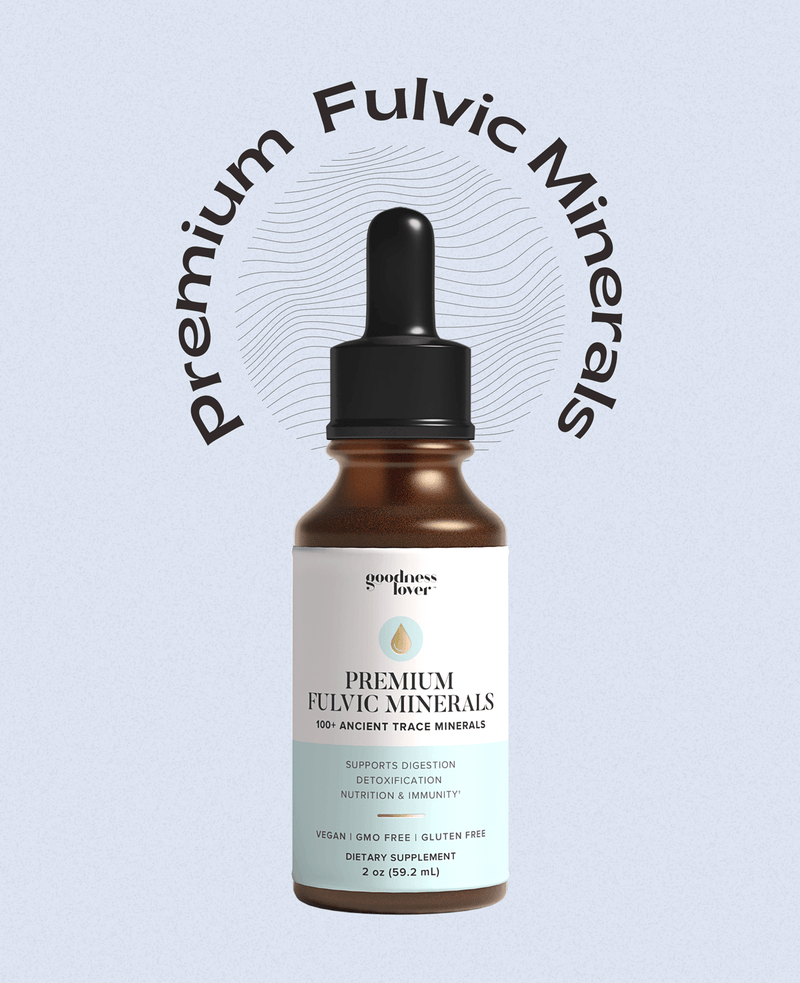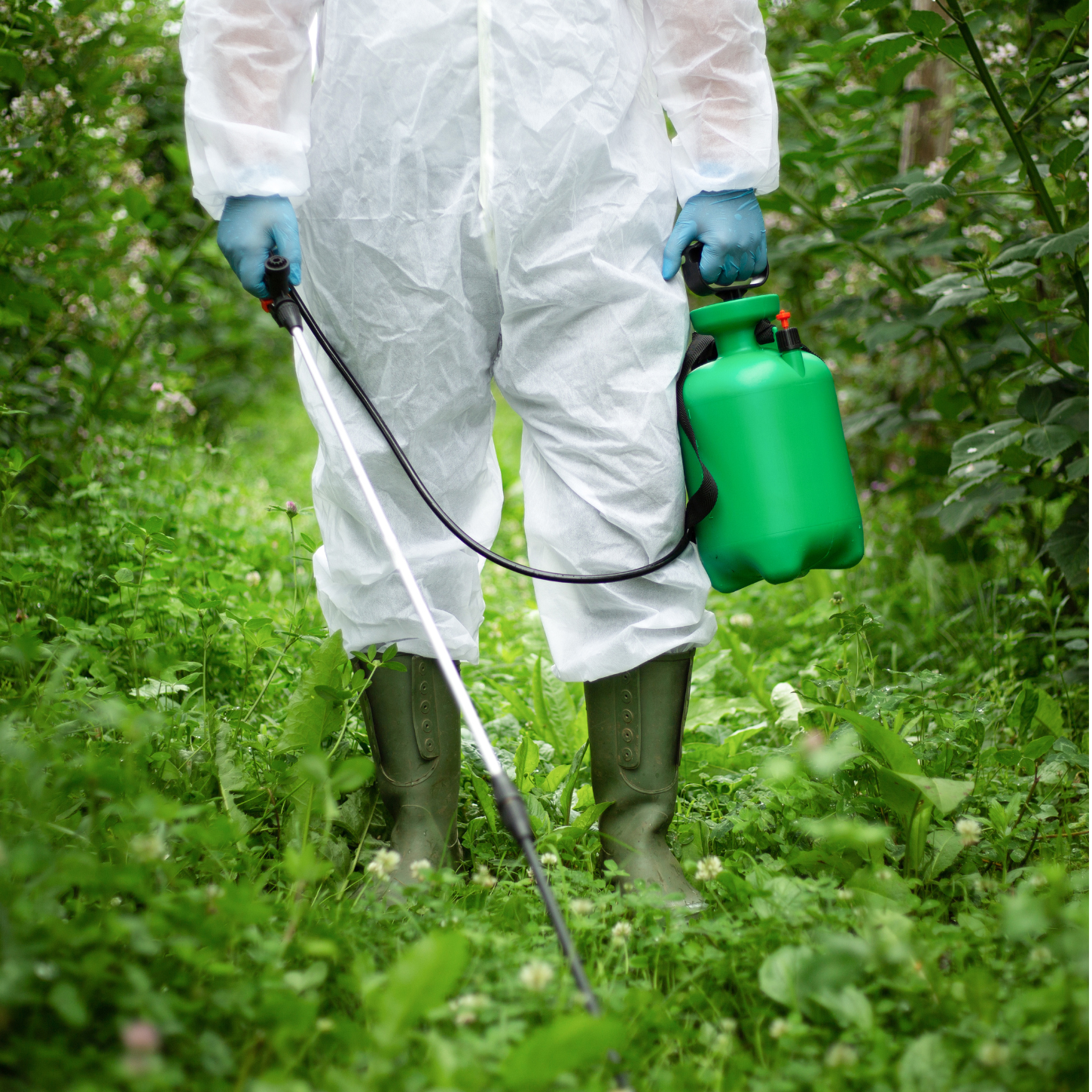Transcript: How Trauma Can Lead to Inflammation (And What to Do About it)
Today I want to share with you some fascinating research that has come to light in the last couple of years.
But rather ironically, it has to do with winding back the clock to your childhood, and this can, for some people, be quite painful.
What am I talking about?
Well numerous studies indicate that traumatic stress stemming from childhood can increase your risk for various diseases into adulthood. In fact, trauma is linked to chronic, inflammatory conditions including heart disease and autoimmune disease, cancer, chronic lung disease, and liver disease.
If you were one of the unlucky ones who experienced trauma in your childhood, you are not alone- it is a lot more common than you realize. And of course, trauma can happen at any age or stage of life.
In fact, it is reported that up to 92% of adults experience at least one traumatic event in their lifetime.
That means that understanding trauma and knowing how to recover from trauma are vital to protecting your health.
So how exactly does trauma have a lasting effect not just on our psyche, but also our physical health?
There are three main mechanisms:
1) At the time that you experience trauma, there is a shift in your microbiome that is marked by a loss of beneficial species and an increase in pathogens. These changes in the microbiome lead to increased intestinal permeability (aka leaky gut) and set the stage for body wide inflammation.
2) Trauma also directly impacts the immune system, suppressing Treg cells that we rely on to prevent cytokine storms and autoimmune attacks. The inflammatory state that is induced by trauma can last for a lifetime unless something is done about it.
3) Experiencing trauma also impacts the nervous system, deranging the neurological connections from the gut and the heart to the brain. As a result, the connection between our reactions and feelings and the frontal lobe of the brain is severed. This makes it harder for us to process our experience in a logical way. We can get stuck in a state of chronic inflammation rather than processing and resolving the trauma.
And then as inflammation sets in in the brain, the cell danger response is activated. This means brain cells shift from a state of repair and regeneration to warrior mode. Once the cell danger response is activated, it stays activated until the cells receive a safety signal. In this state, we are primed to initiate an inflammatory response such that even minor stressors can trigger cascades of inflammatory signals.
Now trauma can look different for everybody.
While we tend to think of trauma as being an obvious and major negative event, experiences that may seem insignificant to some can actually be a source of lasting trauma to others. In fact, trauma cannot be defined merely by the nature of the event itself but must take into account our response. Any time the stress is more than we can handle with our available resources at the time, the effect is traumatic.
So what are some signs that unresolved trauma is taking a toll on your body?
- Constant fatigue
- Headaches
- Poor sleep
- Feeling disconnected from your emotions or your body
- Feeling hopeless about the future
- Being constantly angry or irritated at people
- Being constantly cynical and jumping to conclusions easily
- Intrusive thoughts and flashbacks
- You avoid going to work or planned events
- Having no interest in activities which used to give you joy
- Avoiding people and thinking they may be avoiding you
- Trying to keep busy all the time to avoid reminders of the trauma
- Having difficulty relating to others
- And you have made changes to your diet and lifestyle but are still struggling to get better
Trauma can have long-lasting effects on our nervous system. The nervous system is comprised of the sympathetic and parasympathetic nervous systems. The parasympathetic is the state of social engagement, also known as the rest and digest state. This is our body’s preferred state to be in.
When we encounter a stressor, we go into the sympathetic mode, the flight or fight response. The sympathetic state is resource-intensive. It consumes a lot of energy and requires a large output of hormones.
When the stress is of greater intensity or duration than our capacity to respond, we are unable to go back into a parasympathetic mode and we may even go into the freeze state. The freeze state corresponds to feelings of overwhelm in the face of extreme or long-lasting stress.
The key to overcoming trauma is by shifting back into the parasympathetic mode and restoring homeostasis or balance to the nervous system.
Some ways to do this include:
1. Simply talking it out
Talking to someone you trust about a traumatic experience can help to overcome the sense of isolation that often accompanies trauma by allowing you to feel seen, validated, understood, and supported. It can also help you make sense of what has happened so that you can process the trauma.
2. Journaling
Journaling is another strategy to overcome trauma. It is also easily accessible and practically free. Taking pen to paper and recording your feelings about past traumatic events for just 15-20 minutes on a daily basis is correlated with decreased inflammation, enhanced immune function, and significant improvements in physical and mental health. Writing about it can also help you interpret what happened.
There are also a range of therapies that are facilitated by a practitioner which have shown to be effective in healing the symptoms and emotional distress of trauma. Research has shown that they can induce a shift in brain waves from a normal or agitated state to an exceptionally relaxed brain wave state. These therapies also help to relieve not just the psychological symptoms of stress but also some of the physical symptoms.
These include:
- EMDR (or Eye Movement Desensitization and Reprocessing)
- EFT Tapping (Emotional Freedom Technique)
- Sound Healing
- Light Therapy
So if you have suffered trauma and you know it has had a significant and lasting effect on your life, consider one or more of the options I have discussed in this video. It helps to even write down your intentions to resolve any trauma you are carrying.
Make your plan specific, including which therapies you will try, when you will employ them, and exactly how you will carry out your healing practice.
Feel free to share any of these goals in the comments and please like and subscribe to share this info with more people who would benefit. And if you would like to learn more about how to cultivate a healthy response to stress, check out this video here.














What Do You Think? Comment Below: